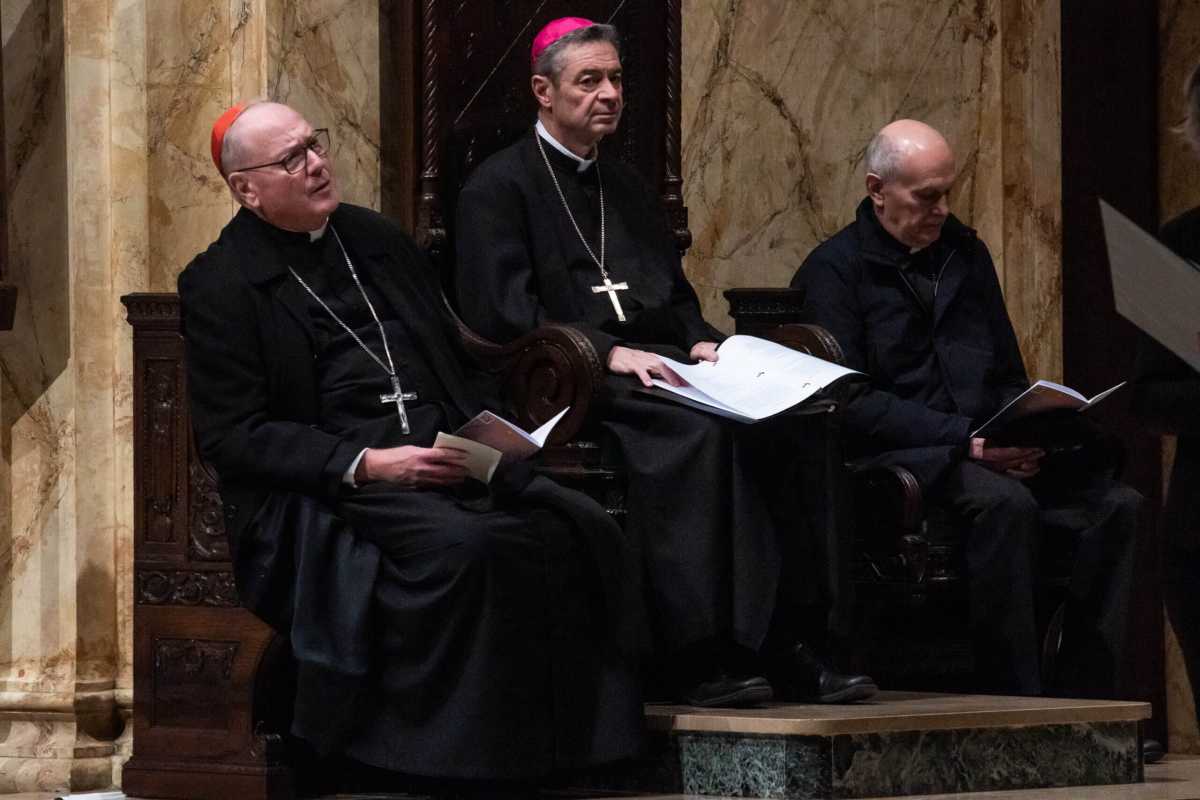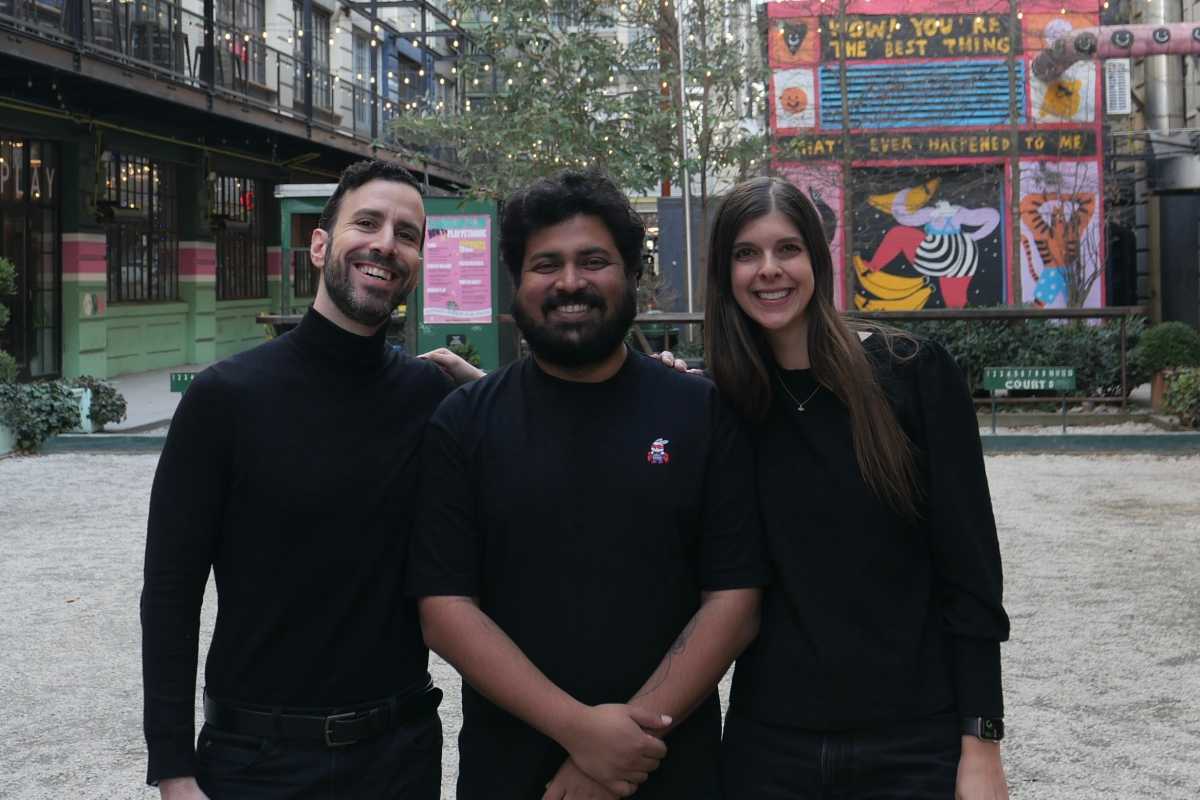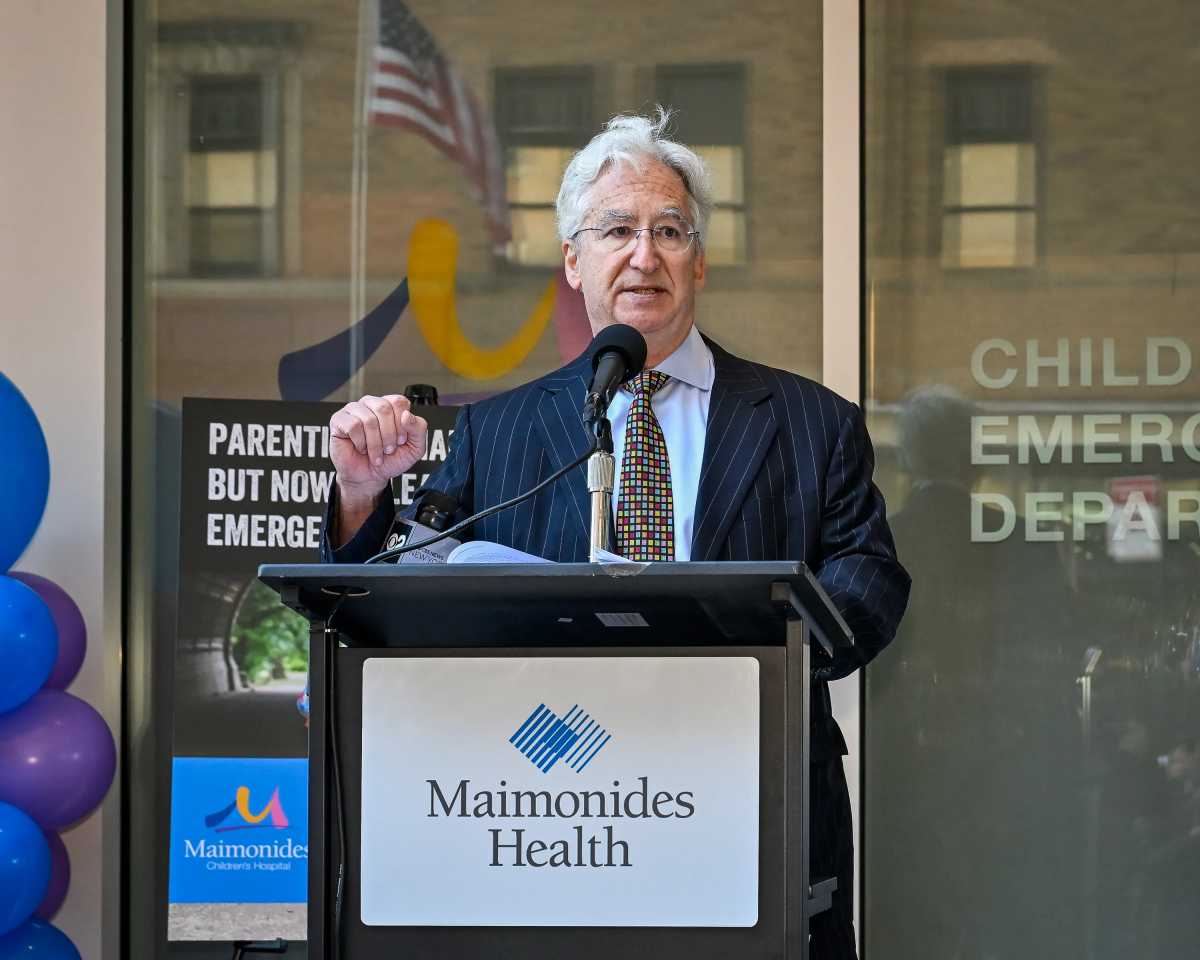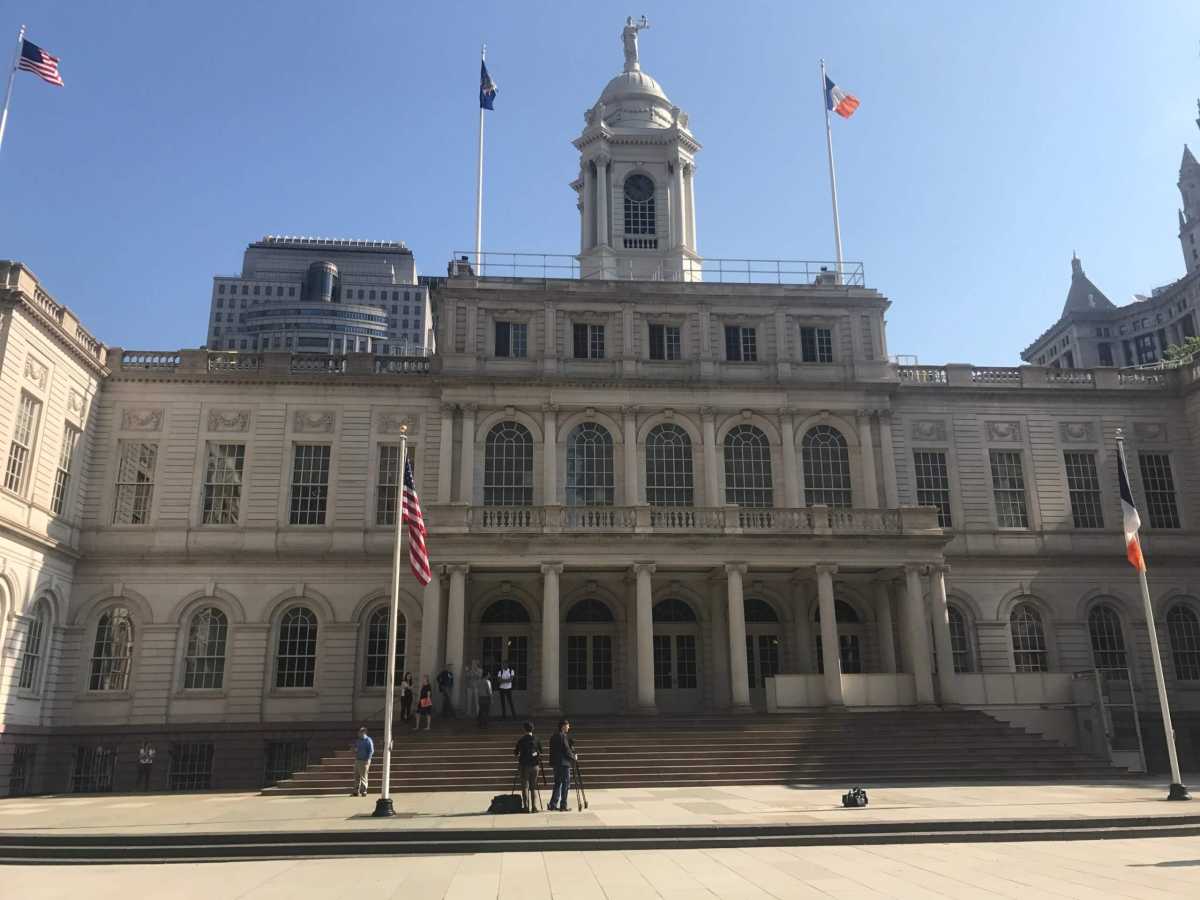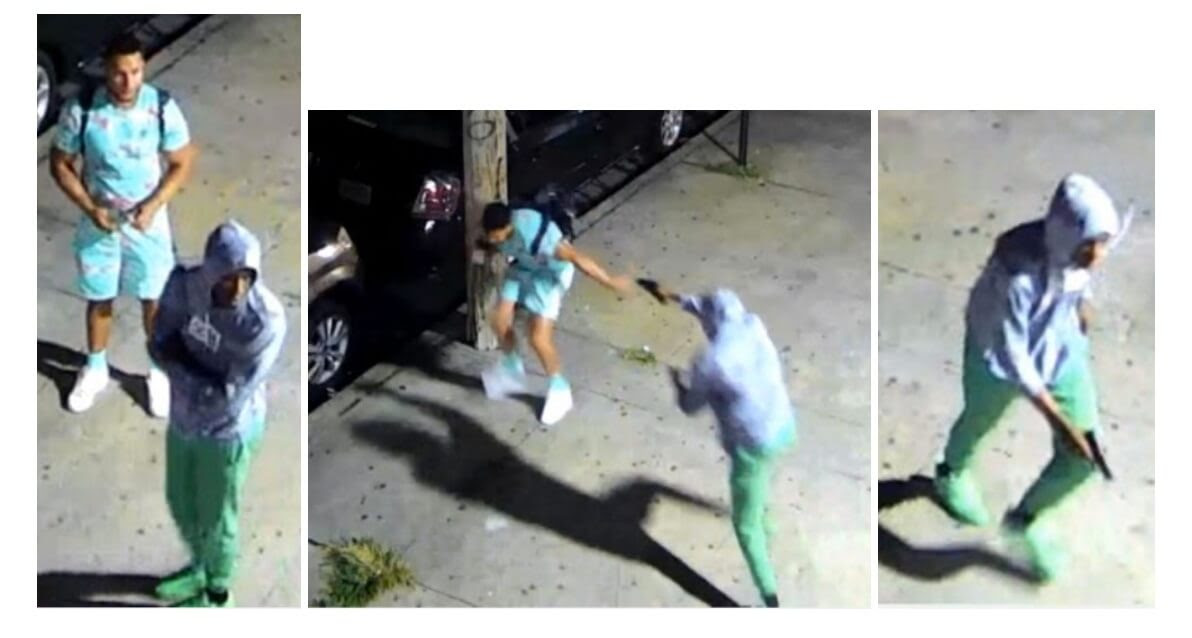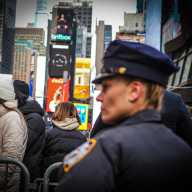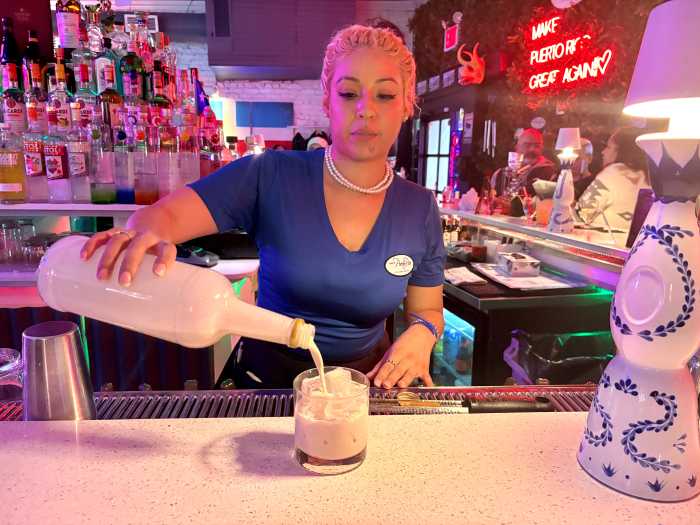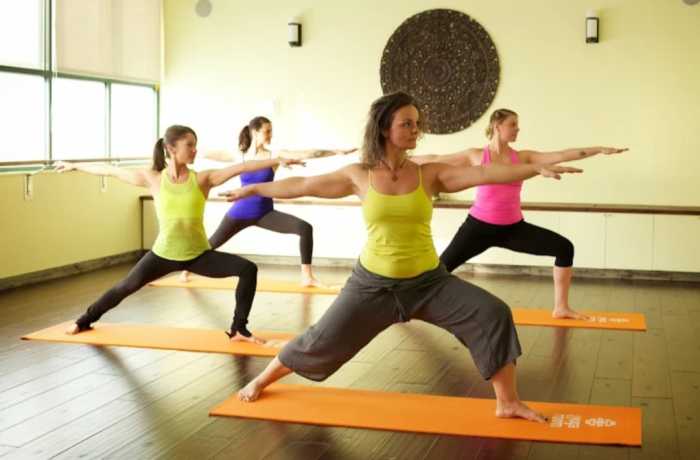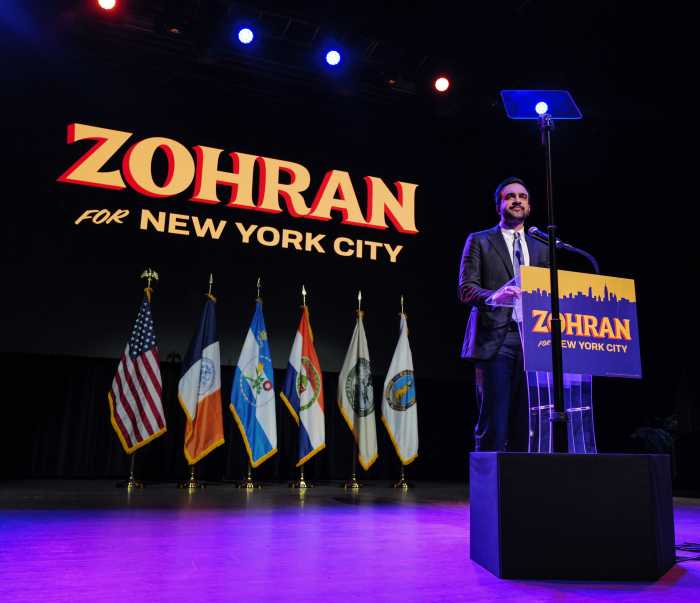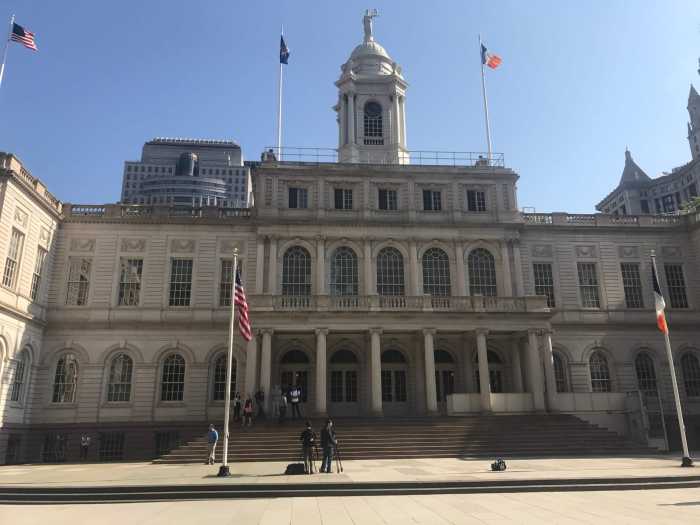The Diocese of Brooklyn is changing how it manages and works with local churches under a restructuring plan that Bishop Robert Brennan announced Friday.
Brennan announced the creation of four regional vicars — high-ranking pastors who will consult with the bishop to report on various matters within their churches in their region. The diocese itself is being realigned into four regions (Brooklyn East and West, Queens East and West) and 22 deaneries, or clusters of parishes within each region. The diocese currently has the boroughs broken down by regions, north and south.
The change in governance, Brennan explained, aims to give each individual vicar more involvement “at the parish and deanery level,” partly to compensate for the lesser number of priests ministering to the diocese’s faithful. The regional vicars will also continue to serve as pastors of their own parishes while taking on their new responsibilities.
“I am asking a lot of these priests taking on this new role, all while remaining parish pastors, and so expanding the number of regional vicariates will make the responsibilities more manageable,” said Bishop Brennan. “We have been working hard during the last year to reinvigorate the deaneries, and I am very satisfied with the progress made towards a more proactive working relationship among parishes. As we move forward, aware of the changing demographics and with the reality of fewer priests, we must look in this direction as we plan for the continued vitality of the Church here in Brooklyn and Queens in the future.”
The new regional vicars are Reverend John J. Costello (Queens East), pastor of St. Luke Church in Flushing; Reverend Joseph M. Hoffman (Brooklyn East), pastor of St. Barbara Church in Bushwick; Auxiliary Bishop Witold Mroziewski (Brooklyn West), pastor of Holy Cross Church in Little Caribbean; and Reverend Peter Purpura (Queens West), pastor of Our Lady of Hope Church in Middle Village.
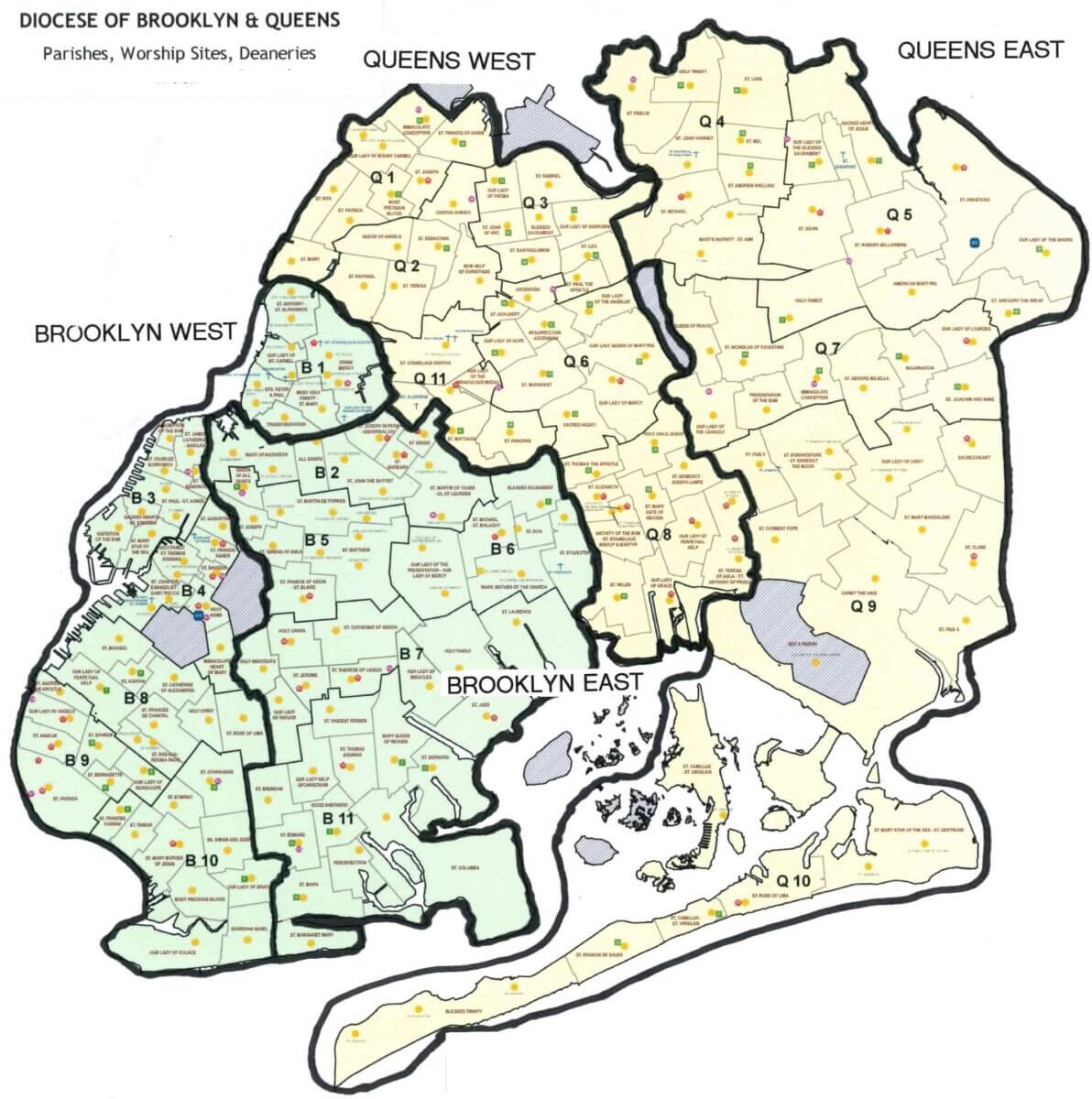
In addition to representing Bishop Brennan at various functions, the regional vicars will be given what’s called “general delegation,” enabling them to exercise authority granted to them by the bishop. They’ll also have the ability to review priests and grant them the power to hear confessions; and dispense various “matrimonial impediments” for couples seeking to tie the knot within the Roman Catholic Church, but may not be able to do so if they are not baptized or failed to receive the proper sacraments ahead of time.
Moreover, the regional vicars will represent the bishop in addressing any sexual abuse allegations made against parish priests or deacons, work to address each situation and address a proper course of action.
Read more: NYC Launches First GED Center for Disabled Individuals



